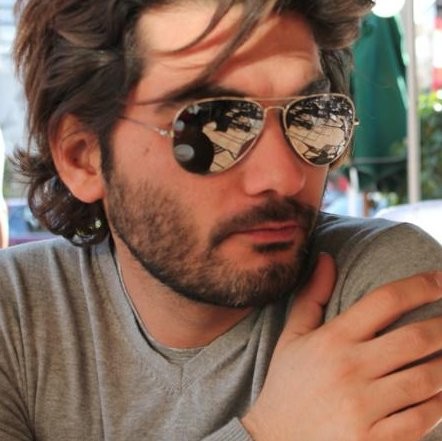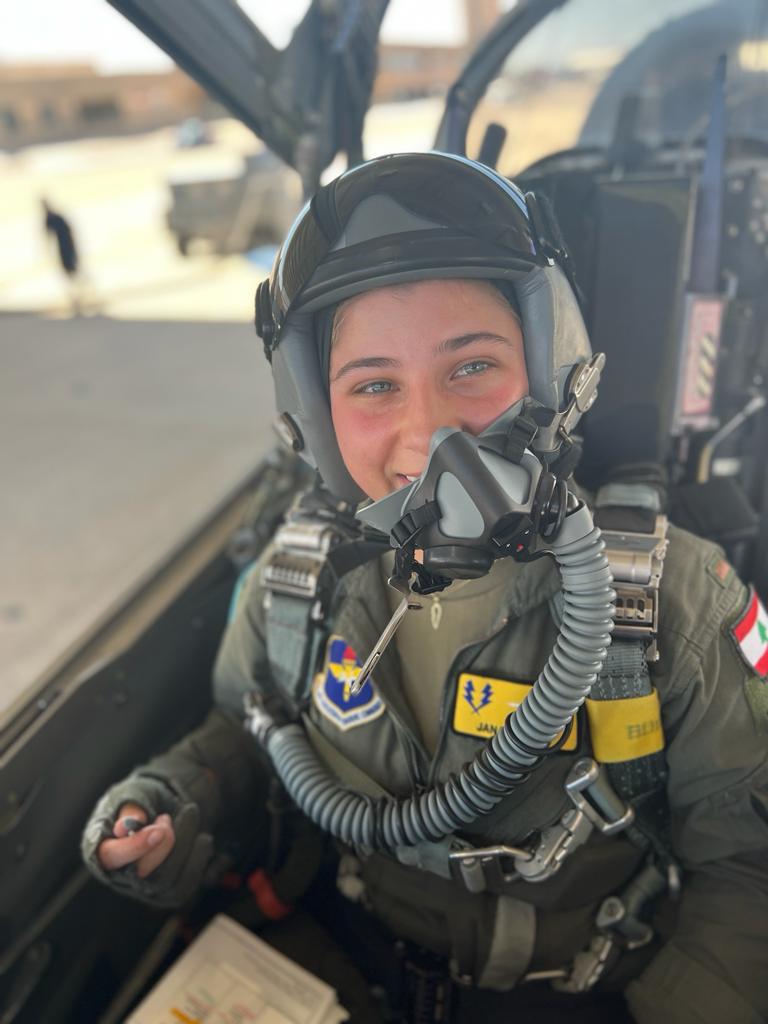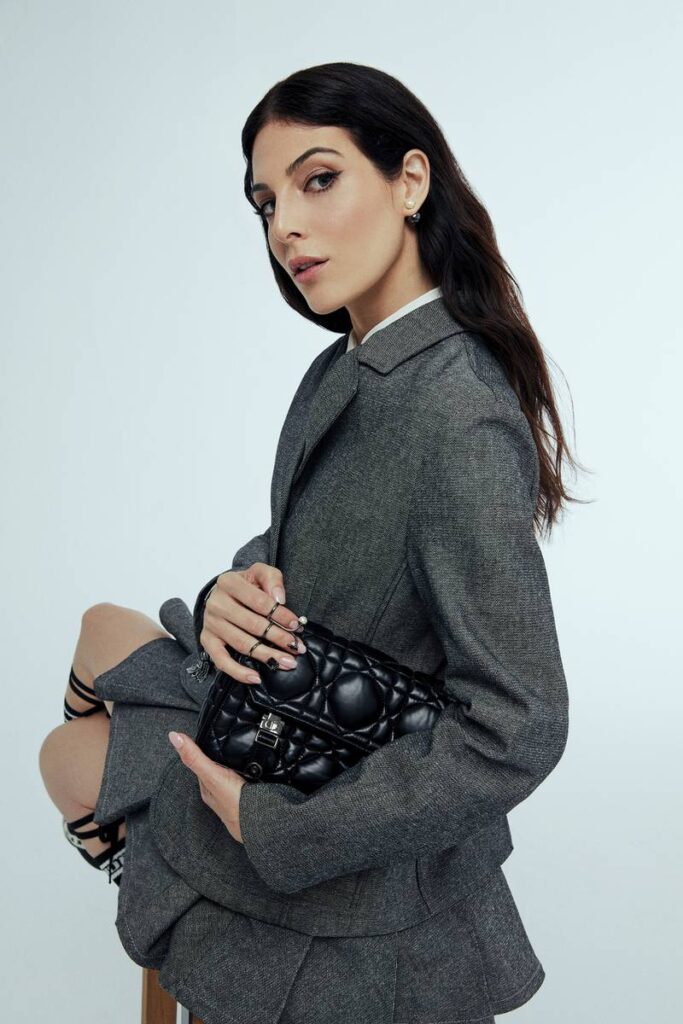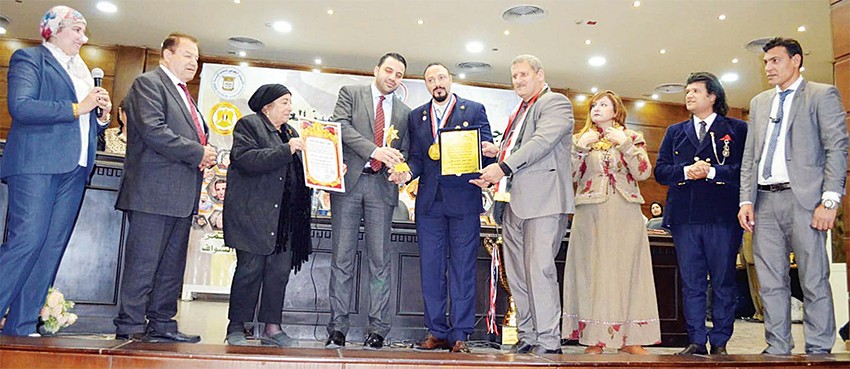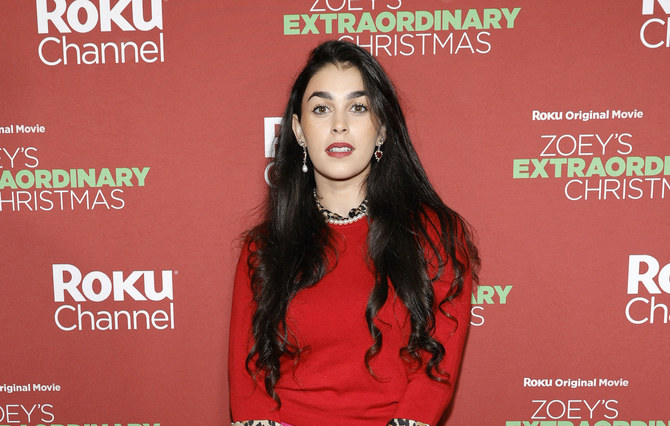Since 1973, L’Oréal Paris supports each and every woman on her journey to success and self-worth. Through the “Women Of Worth” program, L’Oréal Paris honored 10 leading Lebanese women, who have overcome challenges and achieved greatness in their respective fields, in Lebanon and in the whole world. The awards were delivered during a gala dinner ceremony titled “Walk your Worth”, held on March 28, 2023 at the Middle East Airlines (MEA) Training Center in Beirut.
During the event, Mrs. Emilie Wahab Harb, Managing Director of L’Oréal Liban, said: “As a brand that has always taken on the cause of women’s worth, L’Oréal Paris is proud to recognize and celebrate the outstanding achievements of 10 exceptional Lebanese women who have overcome challenges and achieved greatness in their fields. Their accomplishments inspire future generations and contribute to the development of the Lebanese society, thanks to their passion, dedication, and commitment to excellence.” Moreover, she asserted that “L’Oréal Paris firmly believes that all women are worth it, whereas it’s evident to support their journeys and recognize their successes”, asking all women and those present at the ceremony, to “recognize the power of beauty as a catalyst of self-worth”. She further added: “We are entirely convinced that women’s causes should be celebrated and highlighted. That is the reason why we founded “Women Of Worth” which gathers us tonight, as we follow a journey we started 50 years ago, and which we will firmly continue because women are worth it.”
The honored Lebanese women were chosen by L’Oréal Paris not only for their accomplishments, but also for the values they embody, namely self-confidence, perseverance, resilience:
–Mrs. Nayla Tueni – CEO of An Nahar Newscorp and Editor in Chief of Annahar newspaper. Awarded under the Media category, Mrs. Tueni is a prominent Lebanese journalist.
–Dr. Hiba Al Kawas – President of the Lebanese National Higher Conservatory of Music. Awarded under the arts category. Dr. Kawas is a Lebanese composer, opera singer, scholar, and pioneer of Arab Opera.
–Mrs. Ghida Anani – Founder & Director of ABAAD – Resource Centre for Gender Equality. Awarded under the Social Responsibility category, Ms. Anani led a number of public opinion campaigns, notably the #Undress522 which resulted in the abortion of the article 522 of the Lebanese penal code.
–Captain Rola Hoteit – Airline Pilot at MEA. Awarded under the bravery category, Mrs. Hoteit is an Airbus A320 and A330 Captain, and the first Lebanese female airline captain.
–Mrs. Mireille Hayek – Founder & Owner of Em Sherif: Awarded under the Culinary Category, Mrs. Hayek is well known among the Lebanese and Arab society for her passion for cooking, her dedication and leadership in her restaurant that revives the Lebanese tradition, and which has been a success in Lebanon and abroad such as in London and Monaco.
–Mrs. Yola Zard Noujaim – Architect, Founder of Jabalna Festival & Owner of Al Fundok Hotel. Awarded under the sustainability category, she restored the old school of Maasser el chouf in an understated rural style to become Al Fundok boutique Hotel. This eco hotel is a non-profit community project, which encourages local tourism, creates a sustainable income for the community and promotes environmental, cultural, and culinary estate preservations.
–Mrs. Fadia ElMendelek – Hair Consultant. Awarded under the beauty category, Mrs. ElMendelek is a hair stylist whose talent and creativity earned her many European awards. With an online service and her own line “K by Fadia El Mendelek” of premium all-natural hair care products and extensions, she became the stylist to many celebrities and Arab Royalties.
–Mrs. Danielle Hatem – Founder & CEO of D Does Business. Awarded under the Digital Business category, Mrs. Hatem is an influential blogger who highlights strategic economical facts and figures, with the aim to create awareness about latest business headlines, while influencing and motivating the youth into entrepreneurship and business growth.
–Miss Rana Hayek, Electro-Mechanical Engineer & Car Mechanic. Awarded under the outstanding category, she’s Lebanon’s first female car mechanic. She is a diagnosis engineer at Sigma, the exclusive agent for Seat, Mitsubishi, and Ducati.
–Miss Aleen Sabbagh – Founder & Owner of The Concept. Awarded under the fashion category. What started as a personal devotion to fashion turned into a full-fledged clothing brand. Aleen Sabbagh, the young Lebanese face behind it all, goes from one factory to the other looking to constantly design drop trendy collections that always manage to sell out quickly.
The event was presented and moderated by Ms. Nadine W. Njeim, who discussed with each awardee her journey to success. It was attended by an audience of more than 150 invitees including public figures, the awardees’ families, journalists and representatives of various Lebanese media outlets, bloggers and social media influencers, as well as L’Oréal’s team and partners of L’Oréal Paris in Lebanon.
source/content: libnanews.com (headline edited)
__________

____________
LEBANON
